5 home renovations that can add thousands to the value of your house - and 3 you should avoid
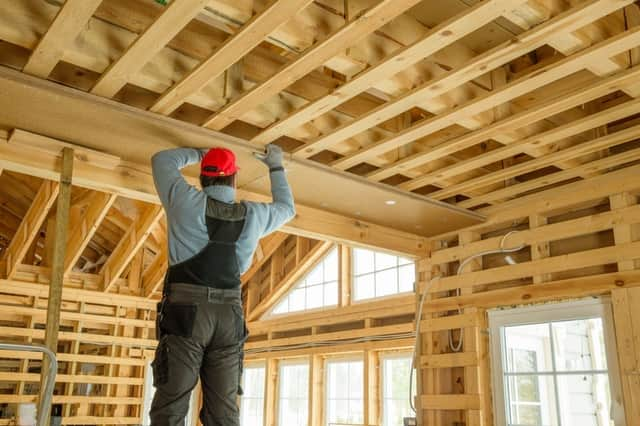

Renovation is a costly business, with a recent survey suggesting that Brits spend £83bn pounds on home upgrades each year.
But how do you know which upgrades are worth the trouble?
Jonathan Magill, UK Network Director at online estate agent Strike, offers tips on which jobs can really boost the value of your home — and which additions will cost you more than they earn.
Advertisement
Hide AdAdvertisement
Hide Ad1 Accentuate period features - potential added value: Up to 10%
While some house hunters prefer a more timeless home, many buyers are willing to pay more for period features that make the house stand out. These could range from small things like skirting boards and architraves to bigger features, such as sash windows or an original fireplace.
In many homes, previous owners may have covered up original features – beautiful Victorian tiles or wood flooring hiding underneath carpets, for example – so, see what your house has to offer and make the most of it. From repairing old cornices and mouldings to restoring beams or timber panelling, take advantage of the hidden treasures in your house.
2 Upgrade the kitchen - potential added value: Up to 20%
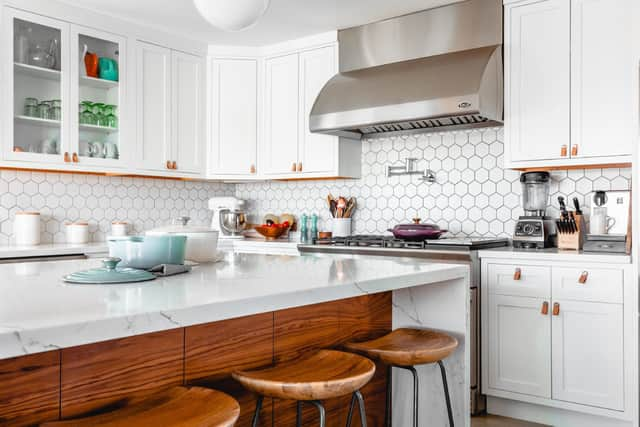

The kitchen is a focal point of any house and an outdated one can often be a deal-breaker for buyers. Remodelling the kitchen will generally be a smart investment, but if you are just upgrading to sell, there’s no need to go for top-of-the-range. Any new kitchen will still look impressive and give that “wow” factor your buyers are looking for. In fact, even smaller changes — such as just changing the worktops and cupboards — can also bring a healthy boost to the house’s financial worth.
3 Add natural light - potential added value: Up to 8%
Advertisement
Hide AdAdvertisement
Hide AdAll the time that people have spent at home this last year has changed what people look for in a home. One feature that is much more in demand post-Covid is natural light. While glass bi-fold doors and skylights were already popular in homes pre-pandemic, now more than ever, installing means of natural light in the home can add value. It makes rooms feel brighter and more spacious, which is a definite win.
4 Convert the loft into workspace - potential added value: Up to 15%
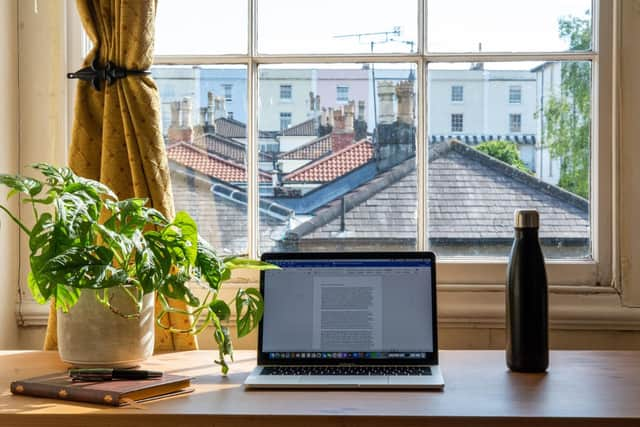

Another effect of the pandemic on house hunting requirements is that more buyers are now looking for home workspaces. For many, working from home is here to stay — and a lot of buyers would like to have the option of a dedicated office space. It may be that you have a spare bedroom but a loft conversion can easily double as a home office. Even taking advantage of an unused nook or cranny by adding a desk can help show your home’s potential.
5 Update the bathroom or add an en-suite - potential added value: Up to 5%
Advertisement
Hide AdAdvertisement
Hide AdBathrooms can be make or break when selling a house, so ensure that yours are up to scratch. Remodelling will make your house more attractive to buyers, but is not essential if your bathroom is already in a good state. Installing an en-suite however, is a great way to add value to the home, as demand for the built-in bathrooms is evergreen.
However, there are some renovations that are actually more trouble than they’re worth.
1 Converting a garage - potential loss: £7,500
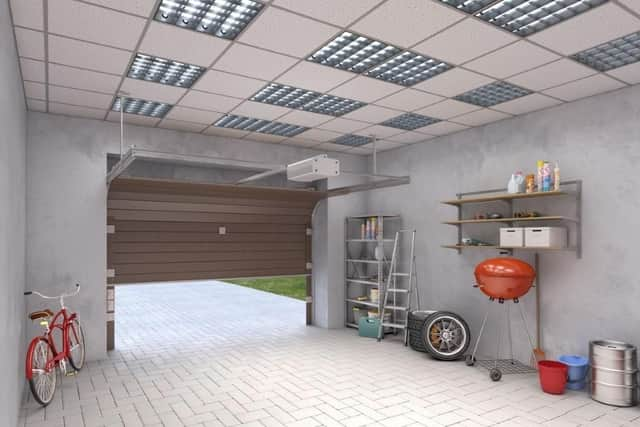

While converting the garage into a living area might be a tempting way to increase space in the home, doing so purely to boost property value is misguided. Many people value the garage as storage space for rarely used items or bulky appliances, such as a second fridge. And, of course, a lot of people, especially households with multiple cars, need the garage for its traditional purpose of parking. It’s probably best to let buyers make up their own mind about what to do with this space.
2 Upgrading the utilities - potential loss: £15,000
Whether it’s installing new plumbing, upgrading the boiler or updating the electrical wiring, keeping on top of utility improvements is important for any home. However, these renovations are considered house maintenance, rather than a value-adding upgrade. Of course, making sure your home systems are in good condition is essential to getting a good price. But they don’t have to be state of the art — if they are already in fine nick, upgrading your utilities just to say that you have isn’t likely to add much value.
3 Quickly dated décor - potential loss: £5,000
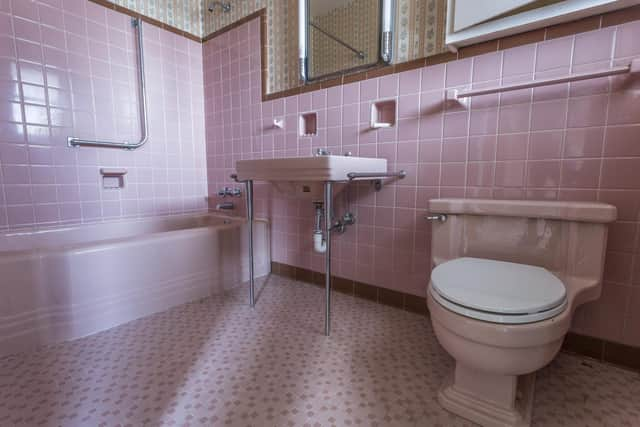

Advertisement
Hide AdAdvertisement
Hide AdWhile installing current interior trends in your home can definitely make it look stylish, it probably won’t end up making you much more money when you sell. Rose gold furnishings and quirky tiles might be trendy, but they might not be to the taste of all buyers — so investing in them to make your home more attractive can misfire. Additionally, even if the trends are to the buyers’ tastes, interior fashions don’t last long. People who are planning to live in your home long-term will be thinking of the future.
Instead of investing in trendy interior updates when redecorating to sell, keep it minimal. This is helpful for buyers as it allows them to more easily imagine what they would like to do with the place, and it saves you money too.
Jonathan Magill adds: “Of course, every seller wants to get the best price for their home, so investing in certain renovations is essential to boosting your asking price. But before you rush in to make changes, make sure you take the time to consider what the effect will be on your house value and if the update is worth it for you financially.”
For more tips on which costly renovations don’t yield profit and are best avoided, visit: https://strike.co.uk/latest-news/invest-smarter